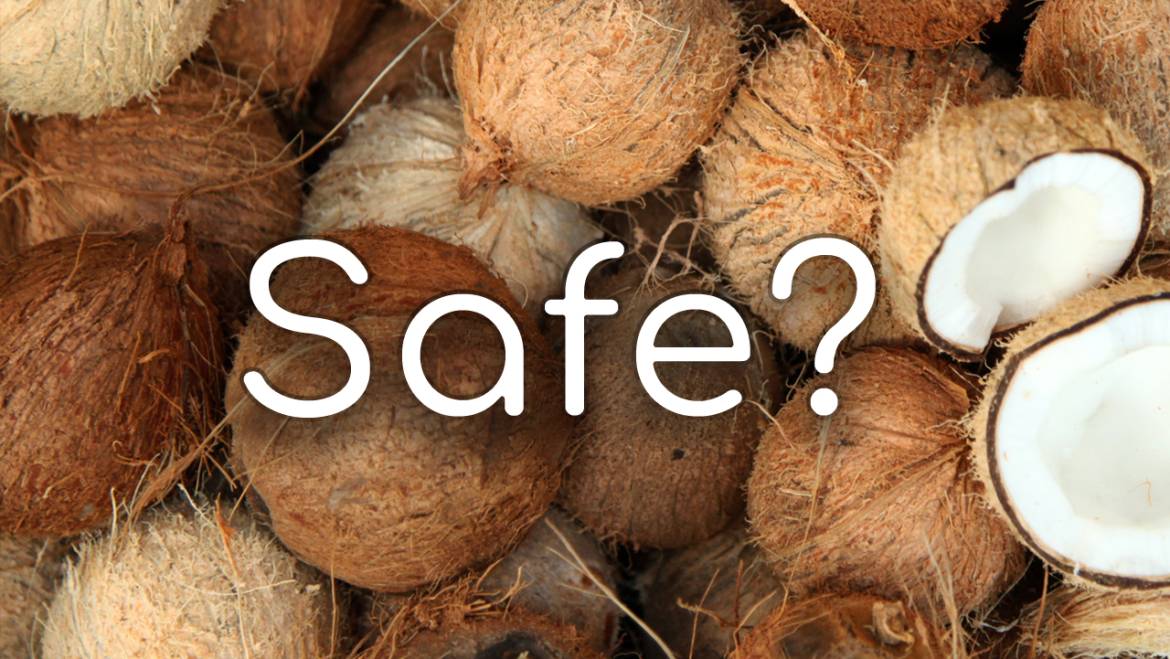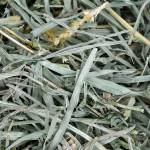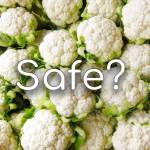Coconut is a popular fruit known for its sweet taste and numerous health benefits. It’s not surprising that many chinchilla owners are curious about whether it’s safe to feed their pets coconut. In this article, we’ll explore everything you need to know about feeding coconut to chinchillas, including its nutritional value, potential risks, and safe ways to incorporate it into their diet.
Can Chinchillas Eat Coconut Safely?
Chinchillas can eat coconut safely, but it’s important to offer it in moderation and follow some guidelines to avoid potential risks. Coconut is high in fat and sugar, which can cause digestive issues and weight gain if consumed in excess. Therefore, it’s crucial to limit the serving size and frequency of coconut in your chinchilla’s diet.
Another consideration when feeding coconut to chinchillas is the choking hazard. Chinchillas have small digestive systems and can choke on large pieces of coconut. Therefore, it’s recommended to chop the coconut into small, bite-sized pieces before offering it to your pet.
It’s also important to note that some chinchillas may be allergic to coconut, which can cause skin irritation, digestive problems, or even anaphylactic shock in severe cases. If your chinchilla has never tried coconut before, it’s best to introduce it slowly and monitor for any adverse reactions.
Nutritional Value of Coconut for Chinchillas
Coconut is a highly nutritious fruit that contains essential vitamins, minerals, and healthy fats. Here are some of the nutrients found in coconut:
- Dietary Fiber: Coconut is an excellent source of dietary fiber, which promotes digestive health and regulates blood sugar levels.
- Healthy Fats: Coconut contains medium-chain triglycerides (MCTs), which are healthy fats that are easily digested and provide quick energy.
- Vitamins and Minerals: Coconut is rich in vitamins and minerals such as vitamin C, potassium, magnesium, and iron, which support overall health and immunity.
While coconut is a nutrient-dense food, it’s important to note that chinchillas have specific dietary requirements that must be met to maintain optimal health. Therefore, coconut should be considered as a treat rather than a regular part of their diet.
Potential Risks of Feeding Coconut to Chinchillas
While coconut is generally safe for chinchillas, it’s essential to be aware of the potential risks and limitations. Here are some of the things to consider:
- High Fat Content: Coconut is high in fat, which can cause digestive issues, such as diarrhea or bloating, if consumed in large amounts.
- Choking Hazard: Chinchillas have small digestive systems and can choke on large pieces of coconut. Therefore, it’s crucial to chop the coconut into small, bite-sized pieces before offering it to your pet.
- Sugar Content: Coconut is naturally sweet and contains some sugar, which can lead to weight gain and dental problems if consumed in excess.
- Allergic Reactions: Some chinchillas may be allergic to coconut, which can cause skin irritation or digestive problems. If your chinchilla has never tried coconut before, it’s best to introduce it slowly and monitor for any adverse reactions.
Safe Ways to Incorporate Coconut into Your Chinchilla’s Diet
If you want to offer coconut to your chinchilla, it’s essential to do so in moderation and following these guidelines:
- Offer Small Amounts: Chinchillas have sensitive digestive systems and can easily develop digestive issues if their diet changes too rapidly. Therefore, it’s best to start with small amounts of coconut (less than a teaspoon) and gradually increase the serving size over time.
- Cut It Into Small Pieces: As mentioned earlier, it’s essential to chop the coconut into small pieces to avoid choking hazards.
- Limit Frequency: Coconut should be considered a treat rather than a regular part of your chinchilla’s diet. It’s recommended to offer coconut once or twice a week, at most.
- Choose Fresh Coconut: Fresh coconut is a healthier option than processed coconut products, such as coconut milk or coconut flakes, which may contain added sugars or preservatives.
In conclusion, coconut can be a safe and nutritious treat for chinchillas if offered in moderation and following the guidelines mentioned above. However, it’s essential to consider the potential risks and limitations of feeding coconut to chinchillas and to monitor their reactions closely. If you have any doubts or concerns about your chinchilla’s diet, it’s always best to consult with a veterinarian or a qualified chinchilla nutritionist.







